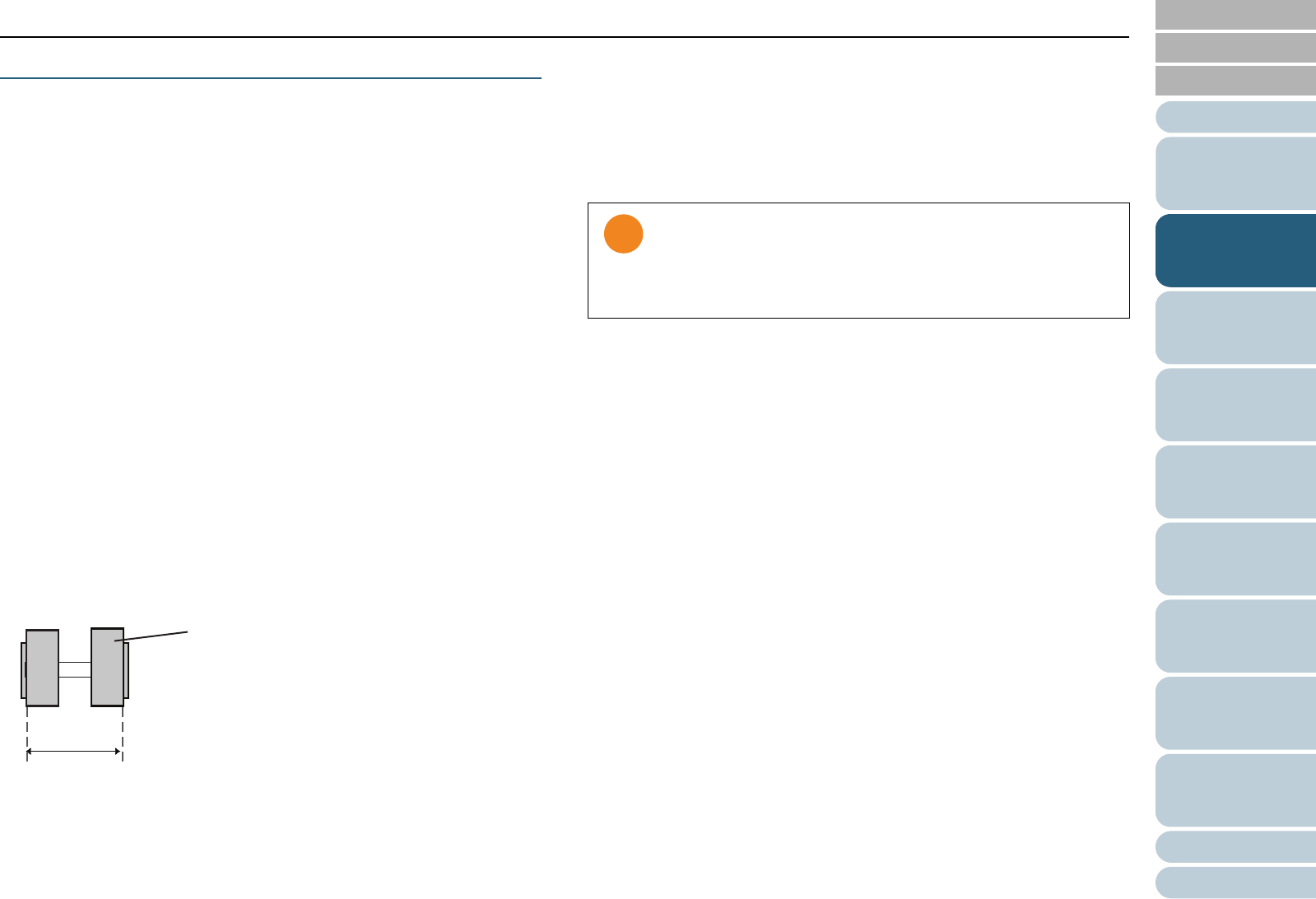
Contents
Index
Chapter 2 How to Load Documents
Appendix
Glossary
Introduction
TOP
47
Configuring the
Scan Settings
How to Use the
Operator Panel
Various Ways to
Scan
Daily Care
Troubleshooting
Operational
Settings
Replacing the
Consumables
Scanner
Overview
How to Load
Documents
Conditions for Mixed Batch Scanning
The following conditions apply when scanning a mixed batch
of documents with different paper weights/friction coefficients/
sizes. Make sure to test a few sheets first to check if the
documents can be scanned.
For details about scanning, refer to "Documents with Different
Widths" (page 69).
Paper direction
Align the direction of the paper fiber with the feed direction.
Paper weight
The following paper weights can be used:
41 to 209 g/m² (11 to 56 lb)
Friction coefficient
It is recommended to use the same type of paper from the same
manufacturer.
When papers of different manufacturers/brands are mixed, it affects the
feeding performance as the difference in the friction coefficient
increases.
The following friction coefficients are recommended:
0.35 to 0.60 (reference value for paper friction coefficient)
Document position
Use paper sizes that fit the 39 mm width of the pick roller in the center.
Paper size
When you scan a mixed batch with different sizes, not feeding the
documents straight may cause paper jams or part of the image to
appear missing.
It is recommended to check the documents thoroughly before scanning
and also check the image if the document was skewed.
Documents that cannot be scanned in a mixed batch
The following types of documents cannot be mixed in the same batch:
z Carbonless paper
z Bond paper
z Perforated documents
z Thermal paper
z Carbon-backed paper
z OHP film
z Tracing paper
39 mm
Pick roller
z When scanning a mixed batch with different sizes,
documents are more likely to skew because the side guides
do not contact every sheet.
z Do not use [Check Length] or [Check Overlapping and
Length] for multifeed detection.


















